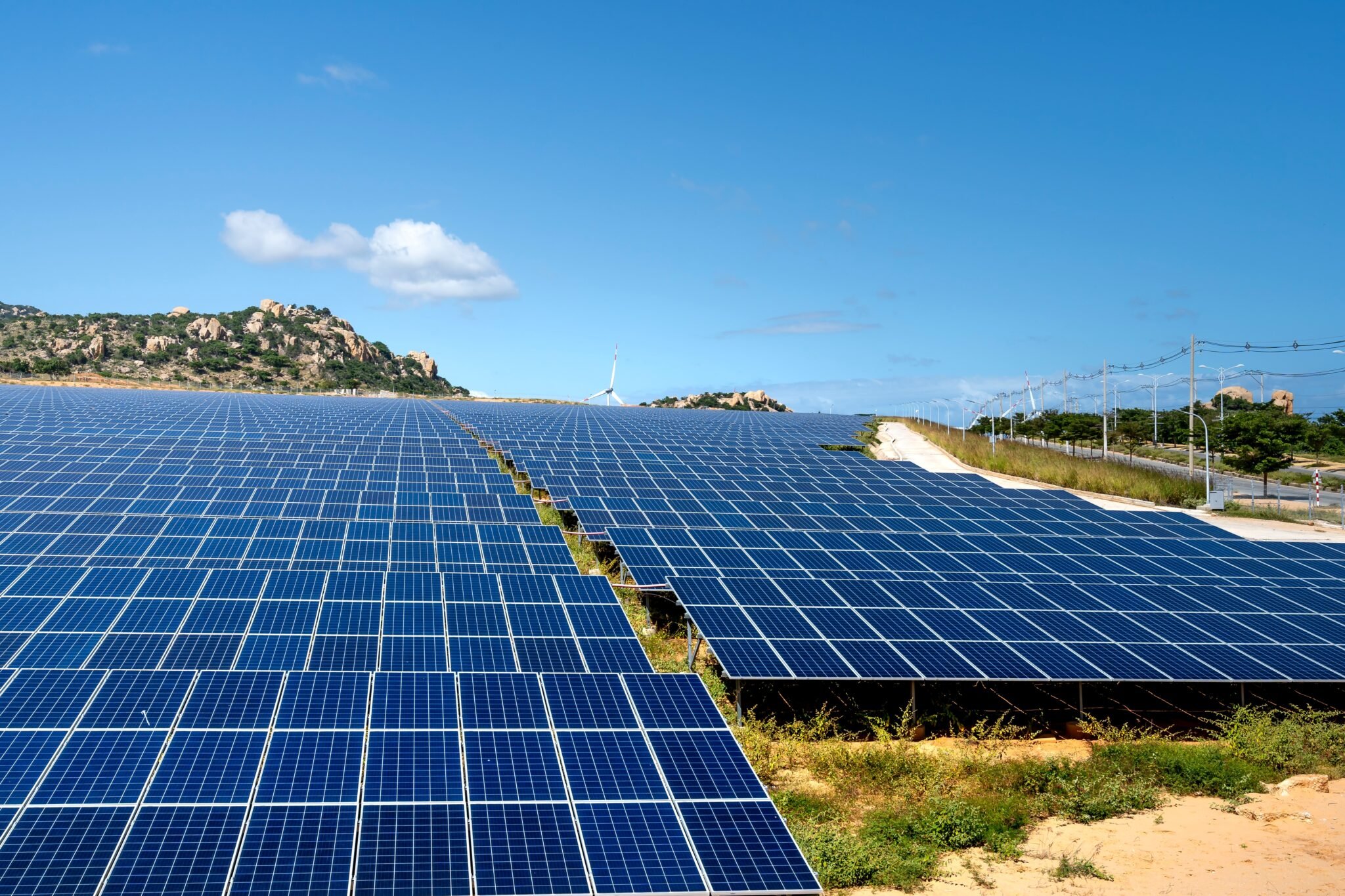old Solar Panel recycling
Net Zero Waste
Net Zero Cost.
Welcome to Solar Recycling™️…
Large commercial and utility-scale used solar panel recycling is our area of expertise. Our solar panel recycling company collaborates with businesses, contractors, real estate developers, and installers all over the world who wish to recycle solar panels and equipment, both new and old.

solar panel recycling Services Overview
Recycle Solar Panels & Equipment
Solar Asset Recovery is the secondary market for excess new and used solar panels, inverters, and battery backup storage.
Solar Panels Recycling & Destruction
Our solar panel recycling company can provide a downstream recycling service for used solar panels if we are unable to recover any value from your equipment and solar panels.
Buy Solar Panels & Equipment
Are you looking to buy refurbished or used solar panels, battery storage, or inverters?
We offer international shipping.
Recycle broken Solar Panels Today!
By submitting this form, I agree to receive email responses from Solar Recycling™️.

scrap solar panel recycling company
Used solar panel recycling is done by Solar Asset Recovery. By recycling your old and used solar panels and equipment, we try to reduce waste and cover shipping and handling costs.
Are you trying to recycle any old and used solar power storage units, inverters, or solar panels? Please get in touch with our solar panel recycling company with the information, and we would be happy to see if we can help.
*Small residential projects are not usually our forte; instead, we specialize in large-scale commercial and utility-scale old solar panel recycling. 100 panels would be the usual minimum.
We Work With
Solar Installers
Commercial Roofers
Electrical Contractors
energy and utility companies
general Contractors
Connect With Us
If solar panels prove to be significant sources of pollution in the future, it will be difficult to feel good about how environmentally friendly they are.
Frequently Asked Questions
There are several reasons why you should recycle your end-of-life, unused, or old solar panels in Texas, California, Florida, Arizona, Georgia, North Carolina, Nevada, Utah, New Jersey, Alabama, Wisconsin, Colorado, Connecticut, Delaware, Hawaii, Idaho, Illinois, Indiana, Iowa, New York, Massachusetts, Minnesota, Maryland, Michigan. all 50 states, and below we’ll discuss some of them.
Arguably, the most significant is that recycling your solar panels is the environmentally conscious thing to do.
Certain hazardous materials, such as lead, chromium, and cadmium, are used in the production of solar panels. The environment may become contaminated by these dangerous materials if you dispose of your solar panels carelessly. Solar panels can be responsibly recycled to help prevent these hazardous materials from ending up in landfills or waterways.
The fact that solar panel recycling can contribute to resource conservation is another important reason to take into account. It costs a lot of money and valuable resources to manufacture a solar panel. Our solar panel recycling company is able to recover some of these valuable materials during the recycling process, including silicon, glass, and even copper and silver.
These materials can then be recycled to create new products, such as solar panels. By reducing the need to extract non-renewable resources out of the earth, this practice can help to protect the environment indirectly.
A typical solar panel recycling process follows these steps:
- Dismantling: this is the first step in the solar panel recycling process. In this step, the glass, metal, and plastic components of the panel are usually dismantled. Glass and metal components are typically easier to remove than plastic components.
- Hazardous materials removal: potentially hazardous materials found in solar panels include cadmium, lead, and chromium. During the solar panels recycling process, these materials are removed from the glass panels and disposed of in a safe and environmentally responsible way, such as by shredding, burning, or placing them in a landfill.
- Glass recycling: the glass materials that were removed from the solar panel will subsequently be recycled to create new glass products, such as windows, bottles, and even more solar panels. Glass must first be broken up into smaller pieces in order for it to be melted down and repurposed into new products.
- Metal recycling: new metal products like phones, cars, and other hardware can be made from recycled metal. To create new products, metals are melted down to extremely high temperatures and then cast into new shapes.
- Plastic recycling: it is possible to melt down the plastic components and then mold them into new items like furniture, toys, and other items.
Each component’s recycling processes can actually be quite intricate. However, it is clear that recycling solar panels can have a significant impact on waste reduction and environmental protection.
Solar panels can generally be recycled. Certain solar panel types, though, particularly those that contain hazardous materials, might be harder to recycle and need to be handled carefully.
Below we will discuss some major types of solar panels available and their recyclability:
- Crystalline silicon solar panels
These solar panels, which are mainly made of silicon, are the most popular and extensively used kind on the market. Solar panels made of crystalline silicon can be recycled rather easily, and doing so can yield a sizable amount of materials that can be used to create new products, including solar panels.
- Cadmium telluride solar panels
These are a kind of thin-film solar panel composed of the hazardous materials telluride and cadmium. Because of this problem, solar panel recycling containing cadmium telluride might necessitate particular handling and tools to guarantee safe disposal of these dangerous substances.
- Thin-film solar panels
Cadmium telluride (discussed above), copper indium gallium selenide, and amorphous silicon are some of the materials that can be used to create thin-film solar panels.
The majority of thin-film solar panels are recyclable, though the process may be different depending on the materials used.
- Amorphous silicon solar panels
These solar panels are less efficient than those made of crystalline silicon because they are made of non-crystalline silicon, but they are also less expensive. In comparison to crystalline silicon solar panels, the recyclability rate is likewise lower.
- Copper indium gallium selenide (CIGS) solar panels
This kind of solar panel is made of copper, indium, gallium, and selenide, as the name implies. They belong to a kind of thin-film solar panel that is gaining popularity. Although recycling CIGS solar panels is possible, the challenge is still being evaluated due to their recent development.
- Perovskite solar panels
A mineral known as perovskite, which has been shown to be extremely effective at converting sunlight into electricity, is used to create a new kind of solar panel. Although they are still relatively new, perovskite solar panels can be recycled, though the rate of recyclability is still unknown.
Yes, solar panel recycling is good for the environment and can actually aid in the creation of a more sustainable future in a number of ways:
- Reducing pollution
Hazardous materials found in solar panels have the potential to pollute the environment if improperly recycled. In order to prevent environmental pollution, solar panel recycling must also guarantee that these hazardous materials are disposed of properly.
- Conservation of valuable resources
Valuable and renewable materials like silicon, copper, and even silver are used to make solar panels. Recycling these materials lessens the need to mine the earth for these valuable materials in order to create new solar panels.
- Creation of jobs
Solar panel recycling has grown into a separate industry that has the potential to add jobs in the solar panel collection, manufacturing, and processing sectors. These new jobs have the potential to strengthen the economy and pave the way for a more sustainable future.
In short, recycling your used solar panels through a professional company is a suggested and environmentally friendly solution.
Recycled solar panel materials can be used to create new products or electronic devices, including solar panels. Certain materials may be put back into use under certain circumstances.
Below is a list of some materials commonly contained in solar panels and what happens to these materials when solar recycling company handle them:
- Glass: can be used to make new products such as containers (bottles, jugs), windows, and others.
- Metal: cars, computer hardware, and a variety of metal appliances can all be made from metal materials like copper and silver.
- Plastic: toys and other plastic products can be created by melting and re-moulding plastic materials.
- Semiconductors: new solar cells and solar panels, as well as other electronic devices, can be created using semiconductors taken out of recycled solar panels.
When creating new products, other components and materials such as sealants and adhesives can be reused.
Materials that are not reusable will be disposed of by a solar recycling company in an ecologically friendly way. Additionally, hazardous materials will be disposed of safely so as not to endanger the environment or the solar panel recycler.
Our solar panel recycling company offers unrivaled knowledge and a thorough approach to sustainable energy solutions. You should recycle used solar panels with us for the following reasons:
We have extensive knowledge of the whole solar panel life cycle thanks to our years of experience in solar recycling. To guarantee the best solar panel recycling, our employees remain current on industry developments, laws, and best practices.
Sustainability of the environment is our top priority. When you work with us, you can be sure that your solar panels will be disposed of properly, reducing their environmental impact. Our solar panels recycling company upholds strict environmental practices, making sure that hazardous materials are recycled properly and optimizing resource recovery.
We’ve invested in modern infrastructure and technology that enables us to process and fix solar panels with efficiency. Our streamlined processes guarantee the best possible material recovery while reducing waste generation.
We are aware of the complex regulatory landscape surrounding solar panel recycling. Our solar panel recycling company guarantees strict adherence to regional, governmental, and global regulations. Working with our old solar panel recycling company will ensure that your solar panel recycling practices comply with regulations, protecting your brand and preventing fines.
We understand that every customer has different needs, which can change based on things like the type and scale of their solar installations. Our employees collaborate closely with customers to create customized solar panel recycling solutions that satisfy their unique needs.



